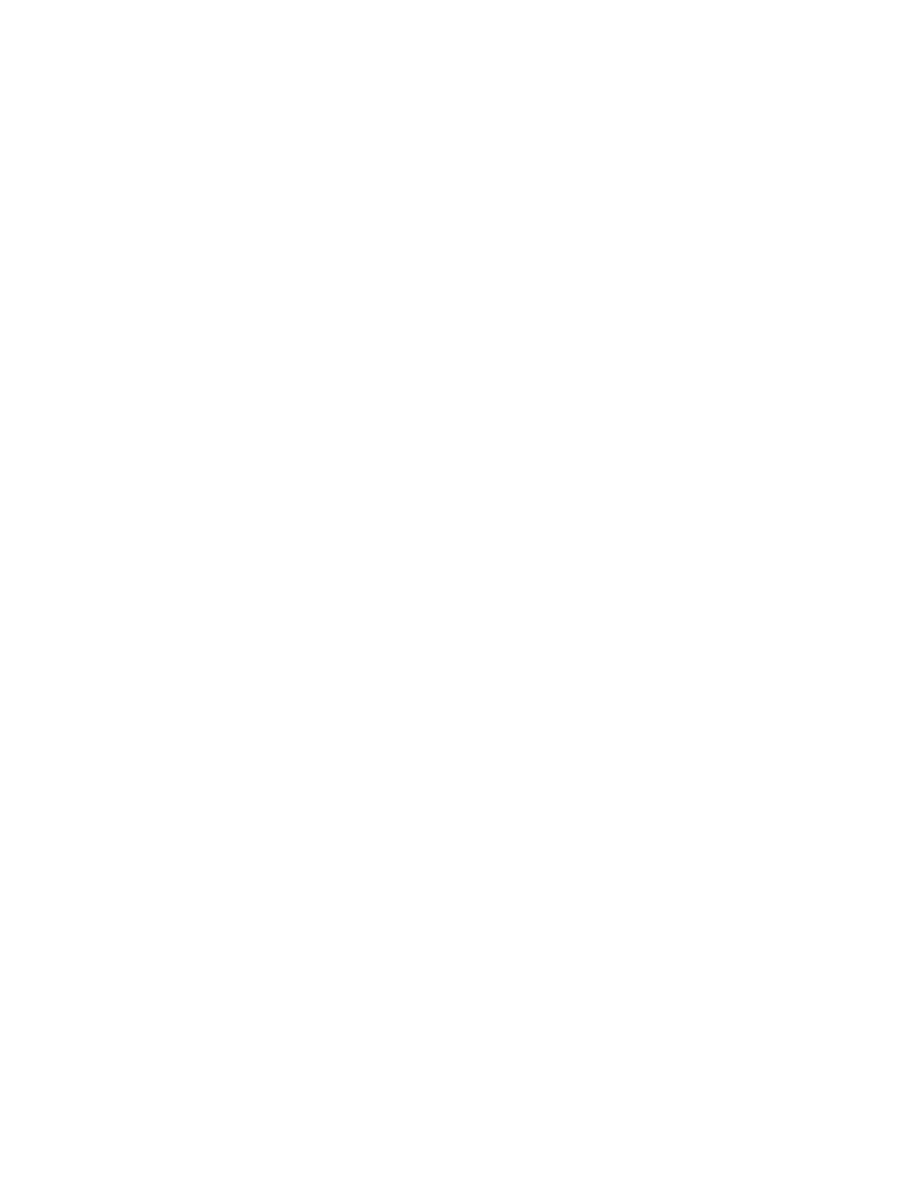
286
14 CFR Ch. I (1–1–14 Edition)
§ 23.1047
§ 23.1047
Cooling test procedures for
reciprocating engine powered air-
planes.
Compliance with § 23.1041 must be
shown for the climb (or, for multien-
gine airplanes with negative one-en-
gine-inoperative rates of climb, the de-
scent) stage of flight. The airplane
must be flown in the configurations, at
the speeds and following the procedures
recommended in the Airplane Flight
Manual, that correspond to the appli-
cable performance requirements that
are critical to cooling.
[Amdt. 23–51, 61 FR 5137, Feb. 9, 1996]
L
IQUID
C
OOLING
§ 23.1061
Installation.
(a)
General. Each liquid-cooled engine
must have an independent cooling sys-
tem (including coolant tank) installed
so that—
(1) Each coolant tank is supported so
that tank loads are distributed over a
large part of the tank surface;
(2) There are pads or other isolation
means between the tank and its sup-
ports to prevent chafing.
(3) Pads or any other isolation means
that is used must be nonabsorbent or
must be treated to prevent absorption
of flammable fluids; and
(4) No air or vapor can be trapped in
any part of the system, except the
coolant tank expansion space, during
filling or during operation.
(b)
Coolant tank. The tank capacity
must be at least one gallon, plus 10 per-
cent of the cooling system capacity. In
addition—
(1) Each coolant tank must be able to
withstand the vibration, inertia, and
fluid loads to which it may be sub-
jected in operation;
(2) Each coolant tank must have an
expansion space of at least 10 percent
of the total cooling system capacity;
and
(3) It must be impossible to fill the
expansion space inadvertently with the
airplane in the normal ground attitude.
(c)
Filler connection. Each coolant
tank filler connection must be marked
as specified in § 23.1557(c). In addition—
(1) Spilled coolant must be prevented
from entering the coolant tank com-
partment or any part of the airplane
other than the tank itself; and
(2) Each recessed coolant filler con-
nection must have a drain that dis-
charges clear of the entire airplane.
(d)
Lines and fittings. Each coolant
system line and fitting must meet the
requirements of § 23.993, except that the
inside diameter of the engine coolant
inlet and outlet lines may not be less
than the diameter of the corresponding
engine inlet and outlet connections.
(e)
Radiators. Each coolant radiator
must be able to withstand any vibra-
tion, inertia, and coolant pressure load
to which it may normally be subjected.
In addition—
(1) Each radiator must be supported
to allow expansion due to operating
temperatures and prevent the trans-
mittal of harmful vibration to the radi-
ator; and
(2) If flammable coolant is used, the
air intake duct to the coolant radiator
must be located so that (in case of fire)
flames from the nacelle cannot strike
the radiator.
(f)
Drains. There must be an acces-
sible drain that—
(1) Drains the entire cooling system
(including the coolant tank, radiator,
and the engine) when the airplane is in
the normal ground altitude;
(2) Discharges clear of the entire air-
plane; and
(3) Has means to positively lock it
closed.
[Doc. No. 4080, 29 FR 17955, Dec. 18, 1964, as
amended by Amdt. 23–43, 58 FR 18973, Apr. 9,
1993]
§ 23.1063
Coolant tank tests.
Each coolant tank must be tested
under § 23.965, except that—
(a) The test required by § 23.965(a)(1)
must be replaced with a similar test
using the sum of the pressure devel-
oped during the maximum ultimate ac-
celeration with a full tank or a pres-
sure of 3.5 pounds per square inch,
whichever is greater, plus the max-
imum working pressure of the system;
and
(b) For a tank with a nonmetallic
liner the test fluid must be coolant
rather than fuel as specified in
§ 23.965(d), and the slosh test on a speci-
men liner must be conducted with the
coolant at operating temperature.
VerDate Mar<15>2010
10:12 Mar 18, 2014
Jkt 232046
PO 00000
Frm 00296
Fmt 8010
Sfmt 8010
Y:\SGML\232046.XXX
232046
pmangrum on DSK3VPTVN1PROD with CFR